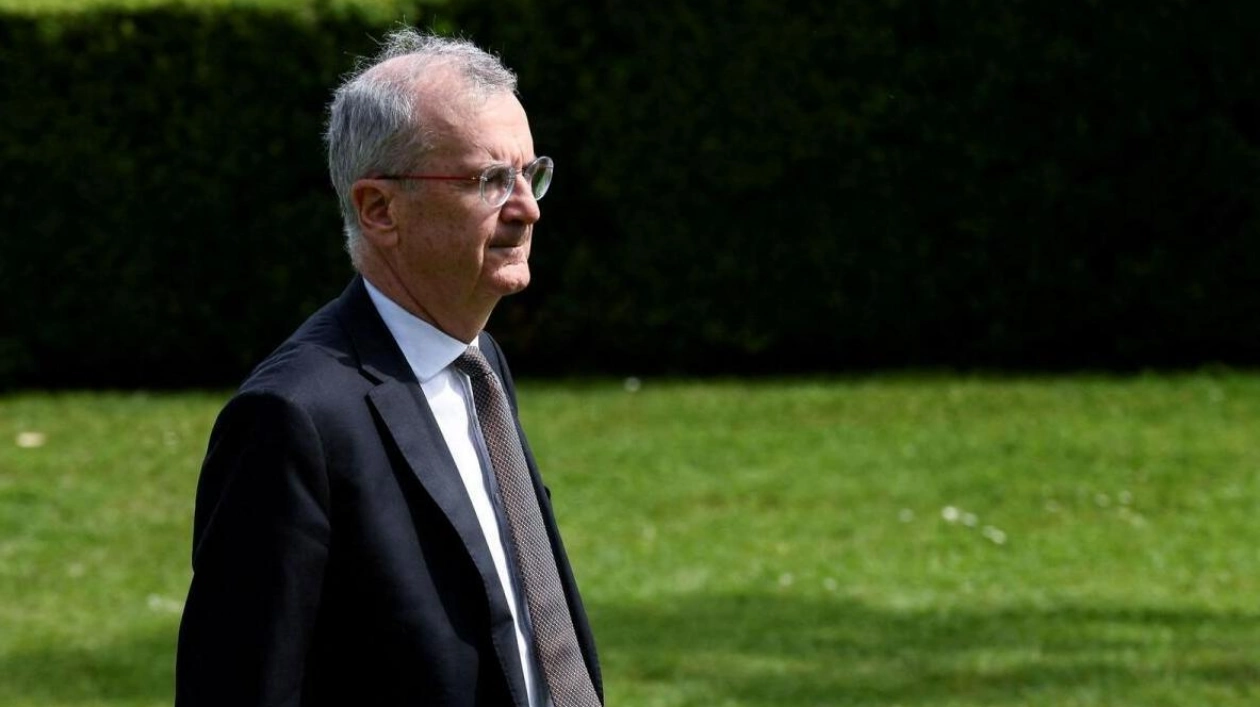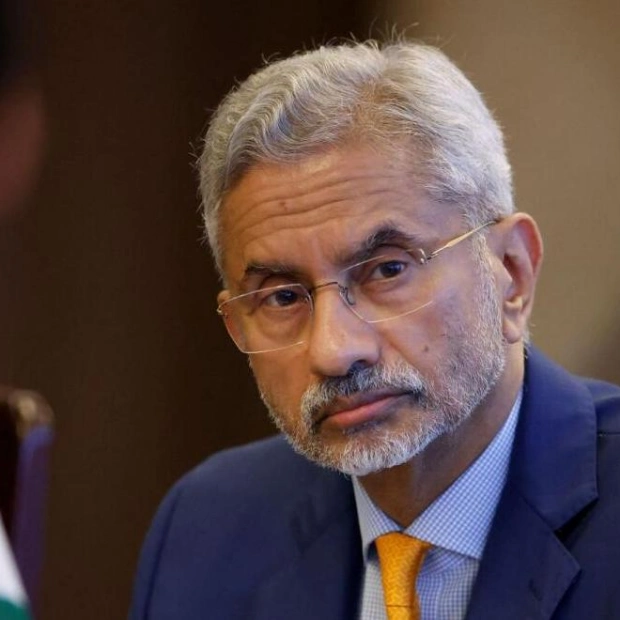France is unlikely to reduce its budget deficit to meet EU limits within three years, but it could achieve this goal within five years with the appropriate measures, according to Francois Villeroy de Galhau, the head of the Bank of France. Villeroy, who is also a European Central Bank policymaker, stated on Wednesday that the previous government's plan to cut the fiscal shortfall to three percent of GDP by 2027 is now unattainable due to weak tax revenues and budget overruns. This leaves the new cabinet, which took office this month, with a significant challenge.
"Three years is not realistic, neither economically nor in terms of growth. However, achieving it within five years is possible," Villeroy said in an interview with France 2 TV. Earlier this week, Finance Minister Antoine Armand described the budget deficit as one of the worst in French history. The previous administration aimed to limit the 2024 budget deficit to 5.1 percent of GDP, but recent estimates suggest it could rise to six percent.
This overshoot puts immense pressure on new Prime Minister Michel Barnier to implement billions of euros in budget cuts and targeted tax increases to finalize the 2025 budget. Barnier has hinted at the possibility of raising taxes on the wealthy and certain corporations, while spending cuts are also anticipated. Villeroy expressed support for these measures in the interview.
Time is running out for the government to finalize its 2025 budget and submit it to lawmakers. Pierre Moscovici, the head of the Cour des Comptes public audit office, stated that the budget must be finalized by mid-October to be passed by parliament before the end of the year. He also mentioned the possibility of parliament passing special emergency laws to ensure taxes are in place by the start of the year, allowing the overall budget bill to be addressed later. "That would be rather unorthodox, to say the least," Moscovici told journalists.
In a rare piece of good news for the new government, consumer confidence improved for the third consecutive month in September, exceeding analysts' expectations according to official INSEE data. An increase in the proportion of households feeling that now is a good time to make large purchases, along with easing concerns about unemployment, drove the index up two points to 95. While this is still below the long-term average, it is the highest level since February 2022.
However, the proportion of households considering it a good time to save more also increased, suggesting that consumers may be building up a financial cushion in anticipation of tougher times ahead. Despite the improvement in consumer confidence, investors remain concerned about the new government's ability to address the deficit, pushing France's borrowing costs above Spain's for the first time since 2008 on Tuesday.






